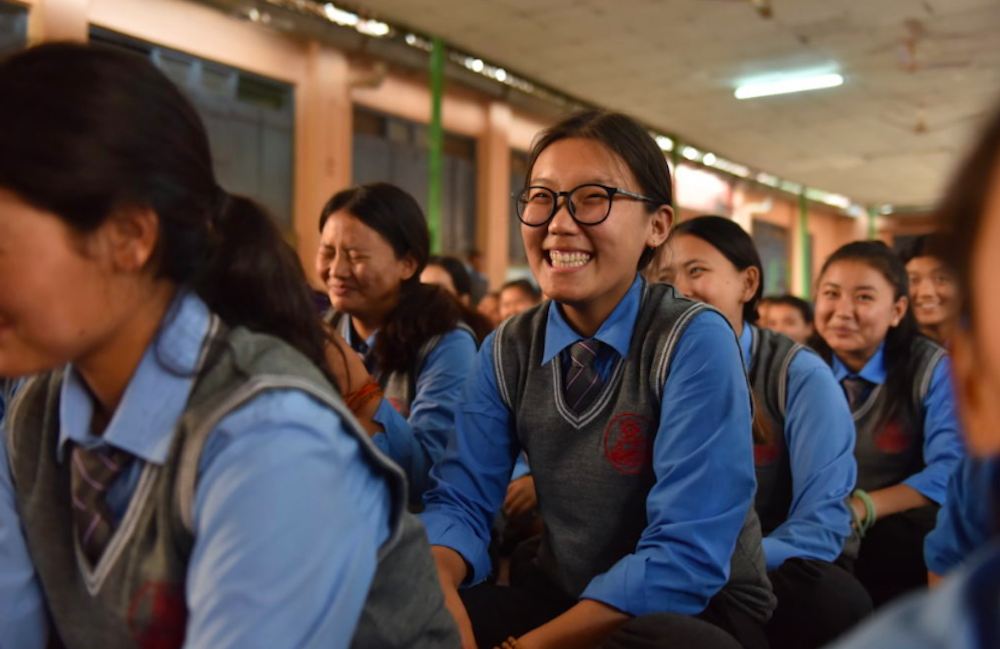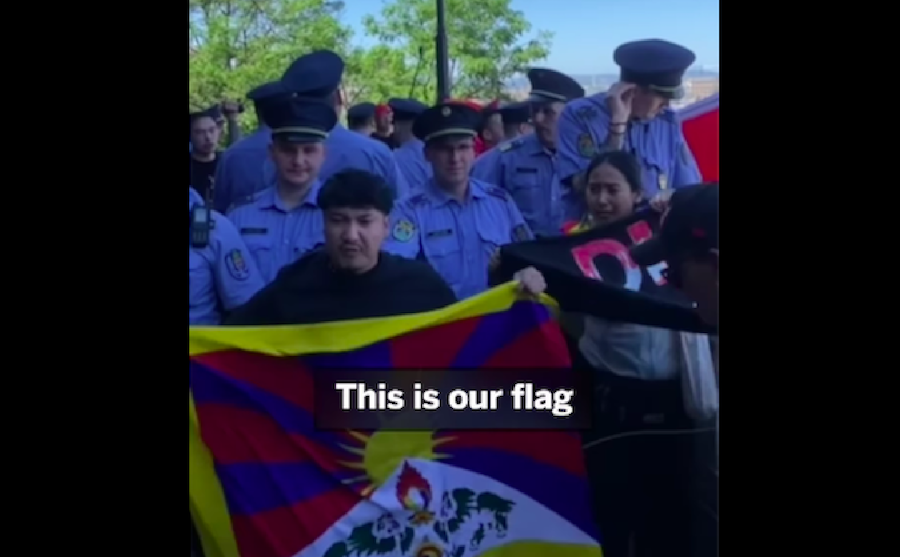By AUDRA ANG
BEIJING – A business dispute sparked clashes between ethnic Tibetans and Chinese Muslims in western China, resulting in hundreds of injuries and widespread property damage, a U.S.-financed broadcaster reported Sunday.
The violence began Feb. 14 in Qinghai province’s Jiangzha county, where three Tibetans had a disagreement with a group of Muslims after selling them a motorcycle, Radio Free Asia said, quoting sources in Tibet.
“Clashes among hundreds of people from each group followed, leaving hundreds injured and a large number of Muslim-owned shops and restaurants ransacked,” RFA said.
Local authorities intervened but no one was arrested, the broadcaster said.
A Jiangzha county official who answered the telephone Sunday said the clashes took place Feb. 15 but “social order has returned to normal.” He would only give his family name, Xie.
The fights broke out after some Chinese Muslims tried to steal two motorcycles and were discovered by Tibetans, Xie said, adding that he did not know any other details of the dispute.
He said he was “not clear” about the scale of the conflict or how many people were injured.
Qinghai, some 1,000 miles west of Beijing, borders Tibet and is one of China’s poorest regions. It is slightly larger than Texas, but has just 5 million people. Most of it was traditionally inhabited by Mongolian and Tibetan herders and claimed as part of historical Tibet.
Last year, the government announced a plan to move 17,000 mostly Chinese and Muslim settlers to Qinghai as part of a plan to develop the west.
The settlers are to occupy a former labor camp in Dulan county, where irrigation works are being built and improvements made to existing farmland.
The project was supported by the World Bank, which agreed to lend China US$40 million to cover half the cost of resettling about 60,000 people.
But Tibetan activists condemned the plan, contending it would dilute Qinghai’s Tibetan character and ravage the local environment by increasing demands for water and farmland.









